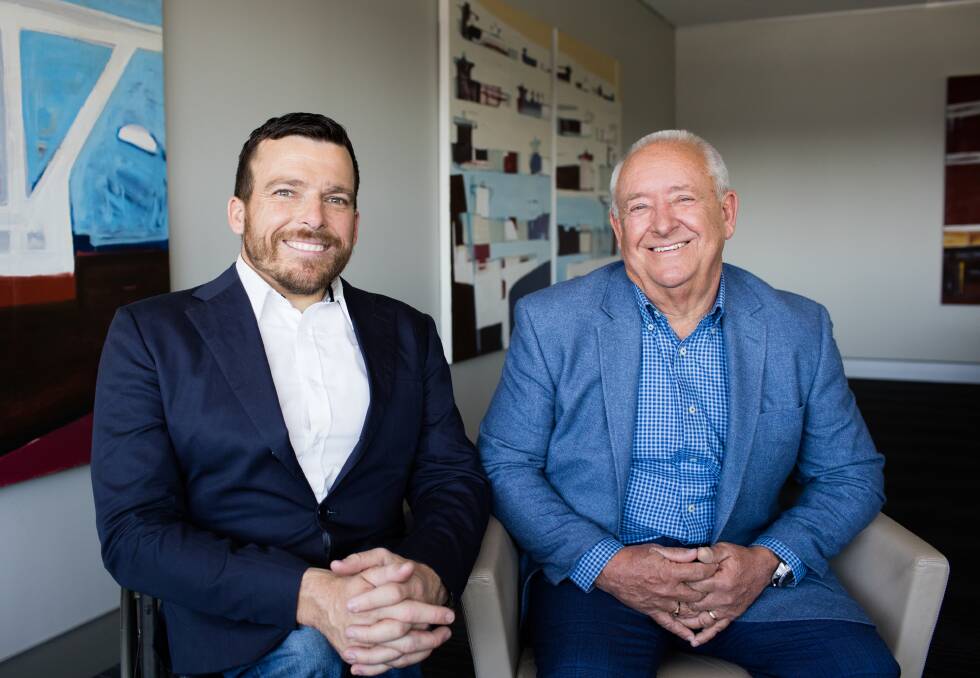
Kurt Fearnley has joined Newcastle Permanent Charitable Foundation’s board as a non-executive director.
Subscribe now for unlimited access.
$0/
(min cost $0)
or signup to continue reading
The champion wheelchair racer, who retired from representing Australia at the end of the Commonwealth Games in April, has long been a passionate and respected disability advocate.
He has experience on national and international advisory committees and councils, and is on the Australian Paralympic Committee board.
“Kurt is one of our country’s young leaders and brings an absolutely fresh perspective to the Charitable Foundation board,” Foundation chair Phil Neat said.
“He is a high achiever who has strong community ties to the Charitable Foundation’s grant giving footprint of northern and central west NSW.
“His achievements and knowledge are widely respected and sought after by governments and key advocacy groups.”
Fearnley, who was raised in Carcoar but has lived in Newcastle for the past 14 years, hopes to use his experience to add value to the Foundation’s regional NSW projects.
READ MORE: Kurt Fearnley an extraordinary ambassador
“I’ve witnessed first-hand the difference that a grant from the Newcastle Permanent Charitable Foundation can make to people’s lives,” Fearnley said.
“I’m honoured to be part of its future strategic direction and the many positive initiatives it creates.
“The projects funded by the Charitable Foundation are inspiring.
READ MORE: Fearnley carries baton into opening ceremony
“I look forward to being directly involved in assisting more initiatives that will make a difference to the lives of people facing disadvantage, marginalisation or isolation in regional NSW.”
Newcastle Permanent Charitable Foundation chair Phil Neat said Fearnley’s appointment followed a detailed consultation process and was part of a long-term vision for ensuring a sustainable governance model.
“The Foundation board is confident his experience and passion will add valuable insight into helping us determine our grant recipients and, in turn, which programs we will support to address our strategic priorities of helping the disadvantaged, marginalised and isolated in our communities.”

